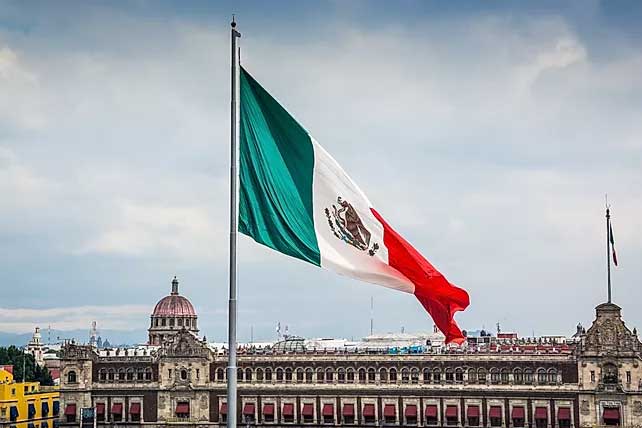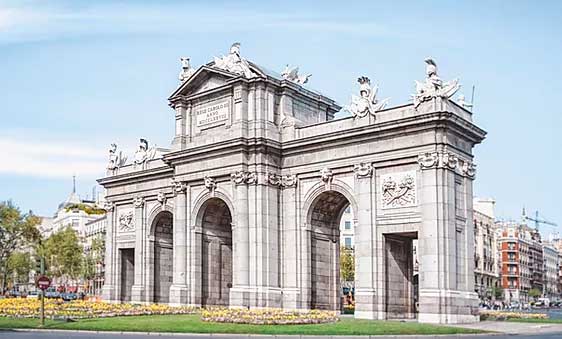Special tax regimes for individuals have existed in Europe for a long time. Some countries established them on the basis of tax residency without domicile, while others introduce certain preferential provisions in existing tax legislation. Nowadays, Italy, Spain, Portugal, Malta, Switzerland, the United Kingdom and Cyprus can boast of such an option for attracting new tax residents and income to their budgets.
We have already described the procedure for exempting passive income from defence contribution under such regime in Cyprus, and in this article we would like to briefly focus on other jurisdictions.
United Kingdom
Non-Dom Regime – the UK is rightly called a pioneer in this, its special non-dom regime was introduced in 2008. The regime is based on the principle of remittance basis – only those foreign income of an individual that was transferred to accounts in the UK (or considered to be transferred), as well as local income from sources in the UK itself are taxed. A resident’s foreign assets are exempt from UK inheritance and gift tax. The application for this regime is submitted simultaneously with the tax return, which is submitted when the resident has income from British sources. For the application of the preferential treatment, you must pay an annual fee: £30,000 (if the resident lives in the UK for at least 7 of the 9 previous years) or £60,000 (in the case of 12 years out of the last 14). Since 2017 the possible period of use of this preferential regime has been reduced from 17 to 15 years.
Italy
Non-Dom Regime (non-habitual residents regime – NHR) was introduced in 2017 and allows you to pay a fixed tax on foreign income in the amount of €100,000 per year (plus €25,000 per year for each family member, who can also be covered by this regime). The offset of the tax previously paid in another country when using this regime is not available. Criteria for using non-dom regime:
– you need to move your tax residence to Italy;
– not be a tax resident of Italy for at least 9 years prior to the application date;
– get approval from the local tax authorities.
Foreign assets are exempt from Italian inheritance tax. Income from sources in Italy is taxed at standard rates. The regime could be used for 15 years.
Malta
Non-Dom Regime allows you not to tax the world income until it is imported into the territory of Malta (the principle of remittance basis). An important difference from the UK is that Malta does not tax foreign capital gains, even if it is transferred to Maltese accounts. As a general rule, imported income is taxed at a fixed rate of 15% instead of the standard 35% (the minimum tax burden is €15,000 per year).
Portugal
Non-Dom Regime (non-habitual residents regime – NHR) allows for a fixed tax of 20% (instead of a progressive rate of 14.5% to 48%) on income from employment in Portugal, and also exempts foreign income (in particular, wages, dividends, rental income and capital gains) from local tax, provided that they are properly taxed in the source country. Requirements for applying the regime:
– you need to move your residence to Portugal;
– the person must not have been a resident of Portugal for the last 5 years before applying.
The term of use of the preferential regime is 10 years.
Spain
It does not have its own separate non-dom regime, however, it has introduced provisions in the legislation that allow being a tax resident of Spain to be taxed as a non-resident, namely, to exclude foreign income from your tax base. This option was named as Beckham law, in honor of the famous football player David Beckham, who first took advantage of this benefit. The regime can be used for 5 years. Requirements:
– you need to move to Spain under an employment contract;
– not be a resident of Spain for the last 10 years;
– apply for the use of preferential treatment.
Switzerland
Lump-Sum taxation option allows you to declare global income with a fixed amount of tax. Depending on the canton, the fixed tax varies from €400,000 to €600,000 per year. Requirements:
– the person must not be a Swiss citizen;
– the person must become a Swiss tax resident for the first time; and
– it is forbidden to work in Switzerland.
Making a choice in favor of a particular jurisdiction with its preferential treatment, it is necessary first of all to take into account the volume and type of foreign income and assets, as well as the fact that all the designated incentives, one way or another, are designed for residents, which means that a potential applicant will need to properly plan their schedule and lifestyle in order to meet the residency criteria (in the vast majority spend more than 183 days a year on the territory of the selected country), even if they do not have a domicile.



























